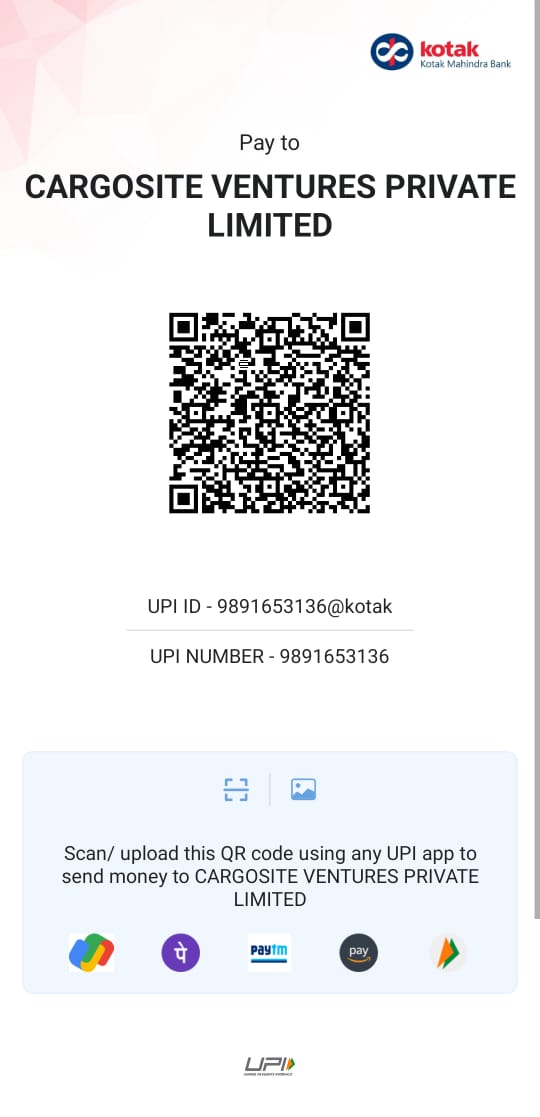Type of BIS Certification for Footwear:
BIS Certification for Leather Footwear and Footwear Compound:
The products embedded in the QCO “Footwear made from leather and other materials (Quality control) order 2020’ are boots, safety shoes, canvas boots rubber sole, canvas shoes rubber sole, sports footwear, derby shoes and anti-riot shoes. Table Down Below explains the kind of footwear, their standards and the title of the standard specified in “Footwear made from Leather and Other Materials (Quality Control) order 2020.
| Sr. No. |
Name of Footwear |
Indian Standard |
Title of Indian Standard |
| 1 |
Leather safety boots and shoes |
IS 1989 (Part 1): 1986 |
Specification for leather safety boots and shoes Part 1 for miners
Specification for leather safety boots and shoes Part 2 for heavy metal industries
|
| 2 |
Canvas Shoes Rubber Sole |
IS 3735: 1996 |
Canvas Shoes, Rubber Sole- Specification |
| 3 |
Canvas Boots Rubber Sole |
IS 3736: 1995 |
Canvas Boots, Rubber Sole- Specification |
| 4 |
Safety Rubber Canvas Boots for Miners |
IS 3736: 1995 |
Safety Rubber Canvas Boots for Miners- Specification |
| 5 |
Leather safety footwear having direct moulded rubber sole |
IS 11226: 1993 |
Leather safety footwear having direct moulded rubber sole-Specification |
| 6 |
Leather safety footwear with direct moulded polyvinyl chloride (PVC) sole |
IS 14544: 1998 |
Leather safety footwear with direct moulded polyvinyl chloride (PVC) sole – Specification |
| 7 |
Sports footwear |
IS 15844: 2010 |
Sports Footwear- Specification |
| 8 |
High ankle tactical boots with PU – Rubber sole |
IS 17012: 2018 |
High ankle tactical boots with PU – Rubber Sole – Specification |
| 9 |
Antiriot shoes |
IS 17037: 2018 |
Antiriot shoes – Specification |
| 10 |
Derby shoes |
IS 17043: 2018 |
Derby shoes – Specification |
BIS Certification for Rubber & Polymeric Material Footwear:
The products embedded in the order ‘Footwear made from all-Rubber and all Polymeric material and its components (Quality Control) Order 2020’ are rubber microcellular sheets, PVC sandal, all rubber gumboots and ankle boots, industrial and protective rubber knee and ankle boots, rubber slippers, rubber Hawai chappal, PVC industrial boots etc. This BIS Certification of footwear order is covering the quality control norms for footwear made from all rubber and polymeric material and its components.
Table Down Below explains kind of footwear, there standards and the title of standard for ‘Footwear made from all-Rubber and all Polymeric material and it’s components (Quality Control) Order 2020’.
| Name of Footwear |
Indian Standard |
Title of Indian Standard |
| Industrial and protective rubber knee and ankle boots |
IS 5557: 2004 |
Industrial and protective rubber knee and ankle boots – Specification |
| All rubber gum boots and ankle boots |
IS 5557 (Part 2): 2018 |
All rubber gum boots and ankle boots: Part 2 occupational purposes |
| Moulded solid rubber soles and heels |
IS 5676: 1995 |
Moulded solid rubber soles and heels- Specification |
| Rubber microcellular sheets for soles and heels |
IS 6664: 1992 |
Rubber microcellular sheets for soles and heels- Specification |
| Solid PVC soles and heels |
IS 6664: 1992 |
Rubber microcellular sheets for soles and heels- Specification |
| Solid PVC soles and heels |
IS 6719: 1972 |
Specification for solid PVC soles and heels |
| PVC sandal |
IS 6721: 1972 |
Specification for PVC sandal |
| Rubber HawaiChappal |
IS 10702: 1992 |
Rubber HawaiChappal- Specification |
| Slipper, rubber |
IS 11544: 1986 |
Specification for slipper, rubber |
| Polyvinyl chloride (PVC)industrial boots |
IS 12254: 2021 |
Polyvinyl chloride (PVC)industrial boots – Specification |
| Polyurethane sole, semirigid |
IS 13893: 1994 |
Polyurethane sole, semirigid- Specification |
| Unlined moulded rubber boots |
IS 13995: 1995 |
Unlined moulded rubber boots – Specification |
| Moulded plastic, footwear-Lined, Unlined Polyurethane, boots for general industrial use |
IS 16645: 2018 |
Moulded plastics footwear- Lined or Unlined polyurethane boots for general industrial use- Specification |
| Footwear for men and women for municipal scavenging work |
IS 16994: 2018 |
Footwear for men and women for municipal scavenging work |
BIS Standards for PPE Footwear:
The order ‘Personal Protective Equipment Footwear (Quality Control) Order 2020’ covers the personal protective equipment-footwear.
| Name of Footwear |
Indian Standard |
Title of Indian Standard |
| Personal Protective Equipment – Footwear |
IS 15298 (Part 2): 2016
IS 15298 ( Part 3) : 2019
IS 15298 (Part 4) :2017 |
Personal protective equipment – Part 2 Safety Footwear
Personal protective equipment – Part 3 Protective Footwear
Personal protective equipment – Part 4 Occupational Footwear |
It is to be notified that these items cannot be sold, produced, traded, imported or stocked unless they have a standard mark (ISI mark). These orders of Mandatory BIS Certification for Footwear which present new quality control norms, will not apply to articles or goods meant for export purposes. All three orders state that the Bureau of Indian Standards (BIS) is the enforcing and certifying authority for the products listed in the order. The shoes manufacturer will have to obtain a Bureau of Indian Standards license from the bureau to use the ISI mark on footwear.



